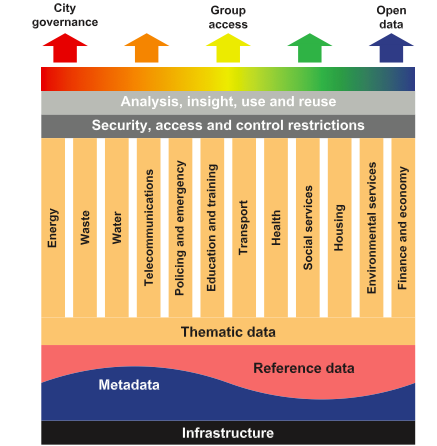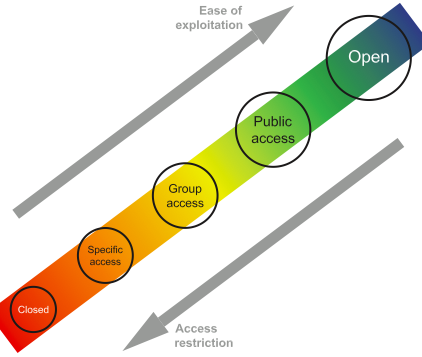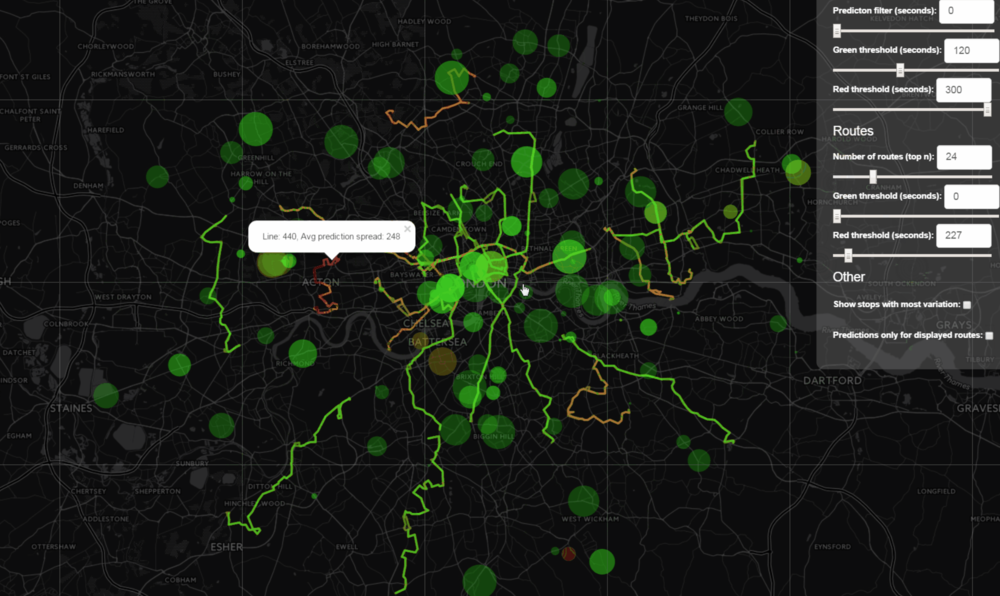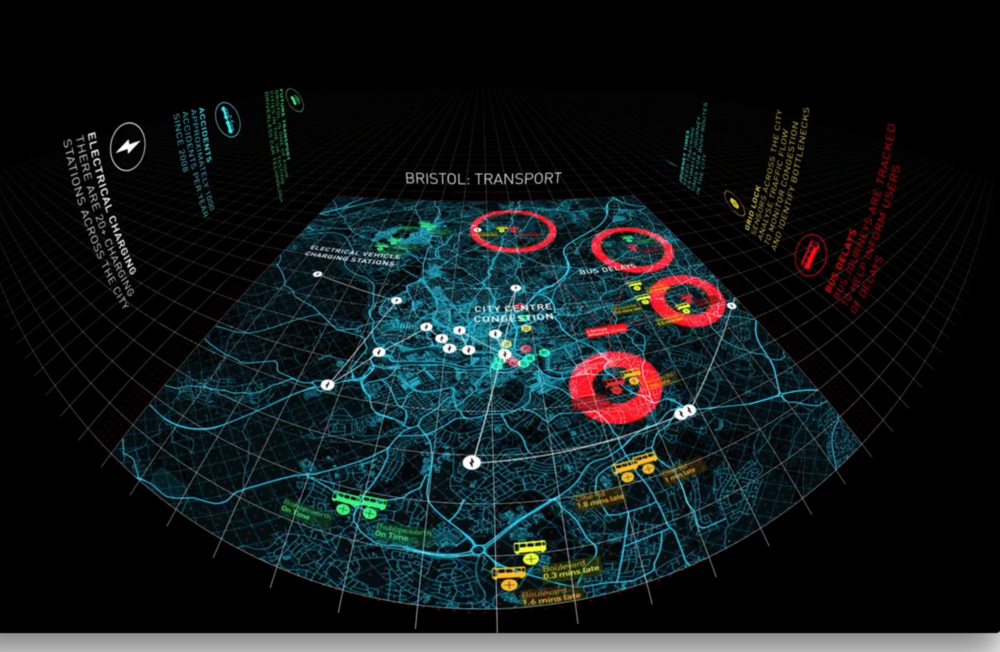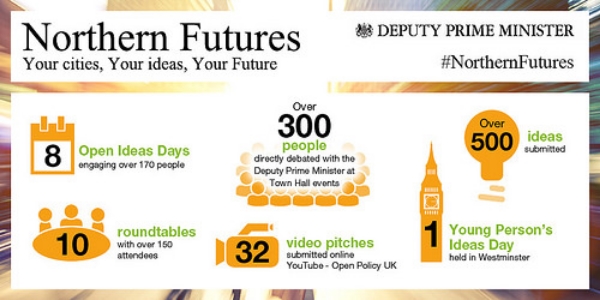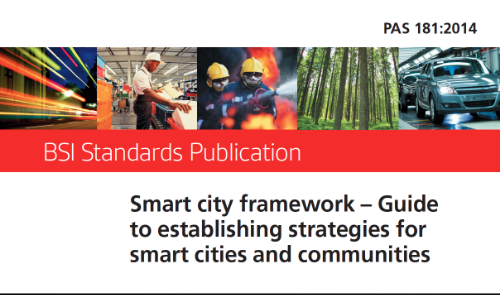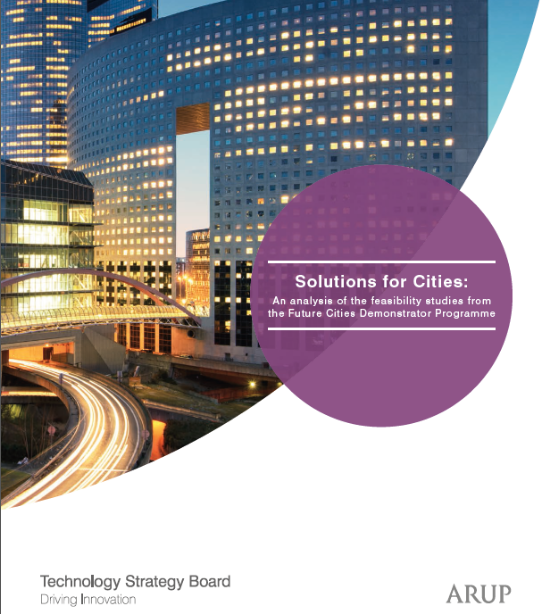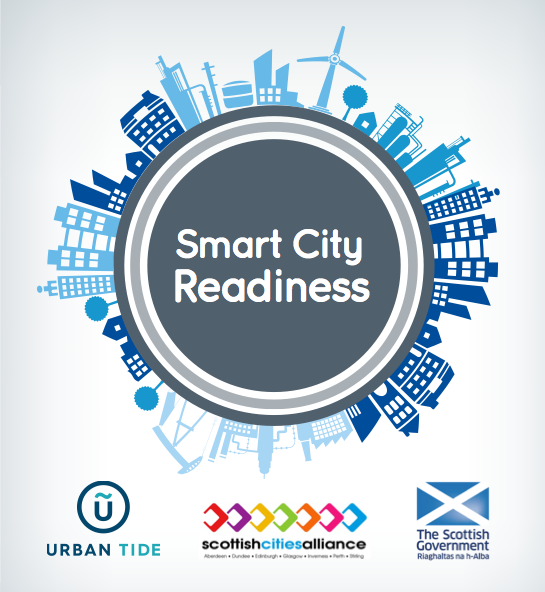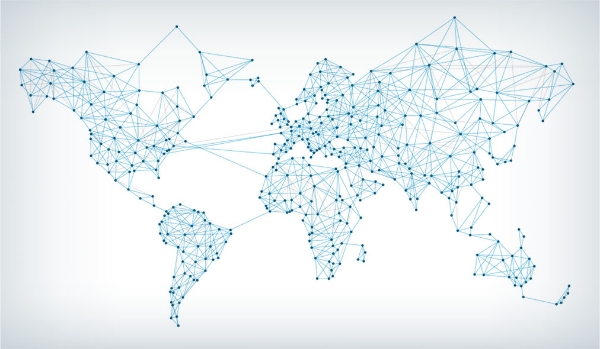Beyond open data - the rise of data sharing.
Open data is changing the world, but it's not just about open data anymore. Data sharing with various permission levels allow for greater problem-solving.
June 29, 2017

Cities and communities are increasingly using data and technology to enhance public security and resilience, allocate resources based on real-time evidence and turn operational data into valuable information, knowledge and insight. It is imperative that organisations help meet today’s and tomorrow’s challenges by making their data available, up-to-date and importantly reusable for a wide range of users, whatever their technical competency.
By unlocking data, businesses, government and citizens can work together to create more livable cities and drive change from the bottom up. Sharing and opening data is a transformative process both from an organisational as well as a citizen engagement point of view.
“Understanding and sharing data is a key challenge for 21st century organisations and citizens, as the amount of data grows exponentially and our time to find and access the correct information diminishes.”
— SImon Tricker, CDO, UrbanTide
USMART does Private Sharing
USMART makes it super simple for data owners to share data across a wide spectrum of data access levels: Closed > Specific Access > Group Access > Public Access > Open.

USMART supports five main levels of sharing:
- Closed: Only members of the organisation have access.
- Specific access: Specific access to specific datasets and API keys made available by the data owner to either named individuals or named organizations.
- Group access: Members of the organisation plus selected other individuals have access based on predetermined criteria.
- Public access: Restricted reuse of data, data is made available publically but only under certain terms and conditions that cannot be considered open eg: need to register to get access to a dataset.
- Open data: Anyone has access and is free to reuse the data.
These access levels can be set per dataset and provide organisations with full control over how data is shared.
When is private data sharing important?
We’ve encountered several examples where private data sharing was required by our clients and a key solution for secure and efficient data sharing. In these cases, the data shared privately with partners and project collaborators was usually commercially or otherwise sensitive and thus wasn’t ready to be published as open data and shared with the wider public, for example:
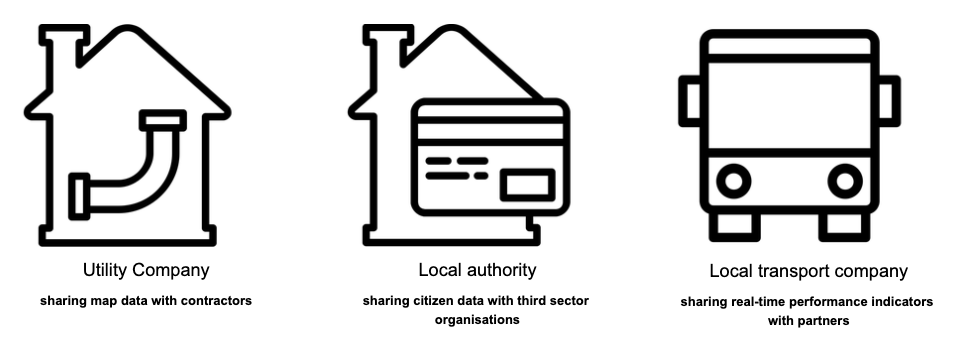
And how important is data sharing really?
In a simple answer, very. UrbanTide is part of the Cities Standards Institute (CSI) that has developed and recently launched a new data sharing standard (BSI: PAS 183). This was done in anticipation of a paradigm shift towards data sharing and potential new commercial models. The framework sets out to help ensure that smart cities have the best overall data on which to base their decisions.
Below are the images of BSI PAS 183 - Data Framework and the BSI PAS 183 - Commercial opportunities for the data spectrum and here you can read more about standards related to data sharing and smart cities.
More
Unlocking Ireland's Data Potential: Navigating the Open Data Directive with UrbanTide
News

UrbanTide's Commitment to Security: Officially ISO 27001 Certified!
News

uZero was awarded the edie Net Zero Innovation of the Year: Software, Systems & Services Award
News
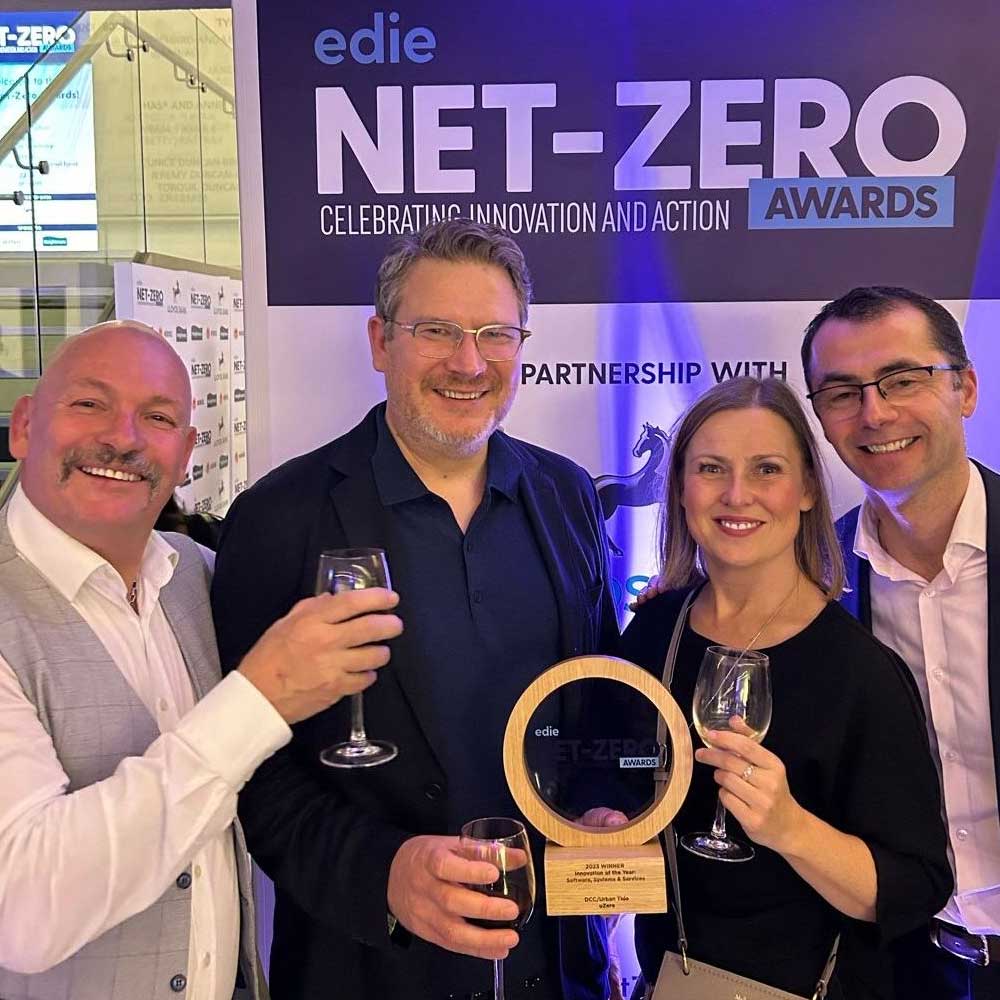
Tackling the growing fuel poverty crisis and supporting the Just Transition to net zero
News

Low Carbon Homes’ Home Upgrade Show: Innovations in Retrofit
News
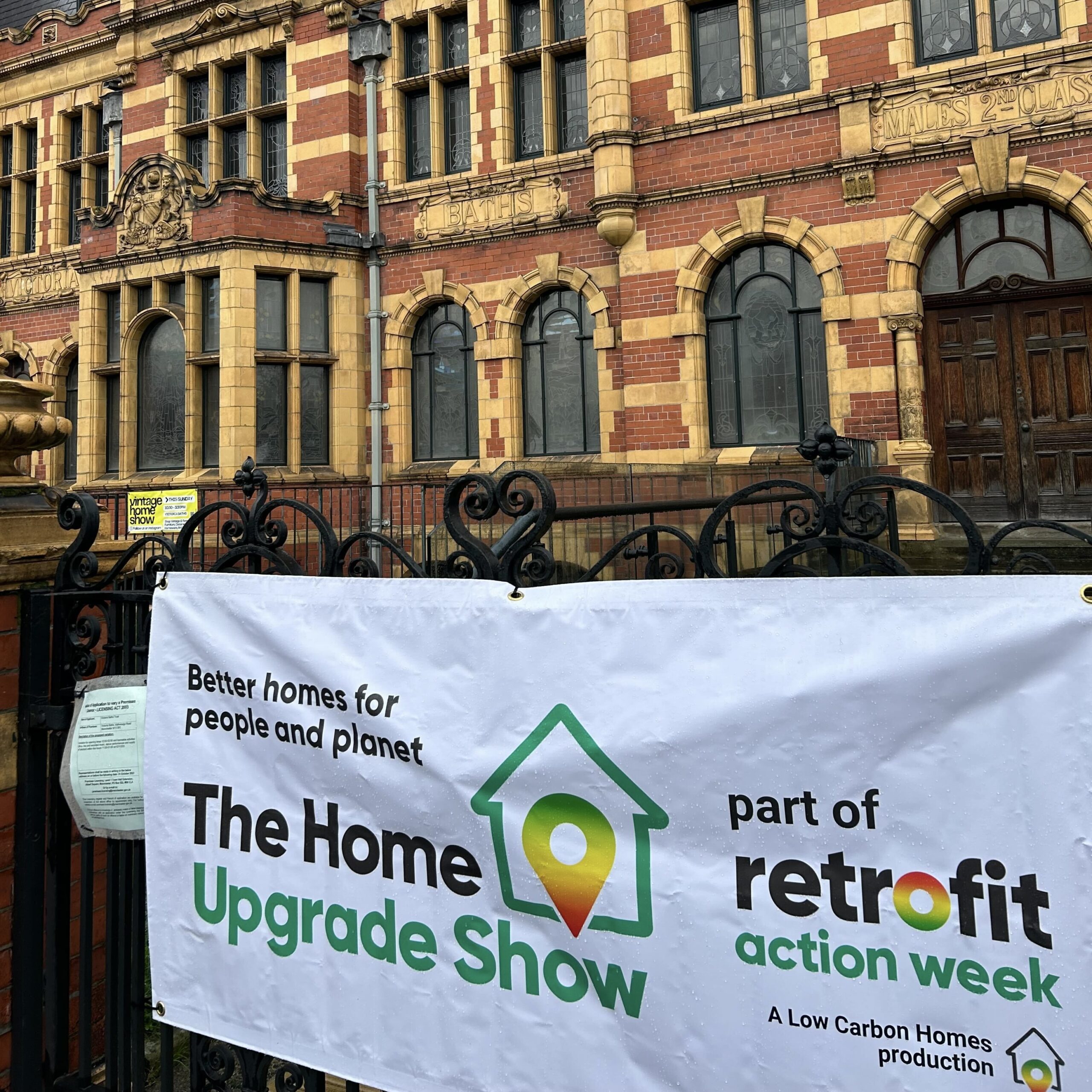
Data Integration and Collaboration are critical for the future of Transportation: Insights from JCT Symposium
News

uMove to support Bedfordshire Council to achieve ambitious sustainability plans
News

Active travel, the current challenges and solutions
News

Using the power of data to build cities of tomorrow
News
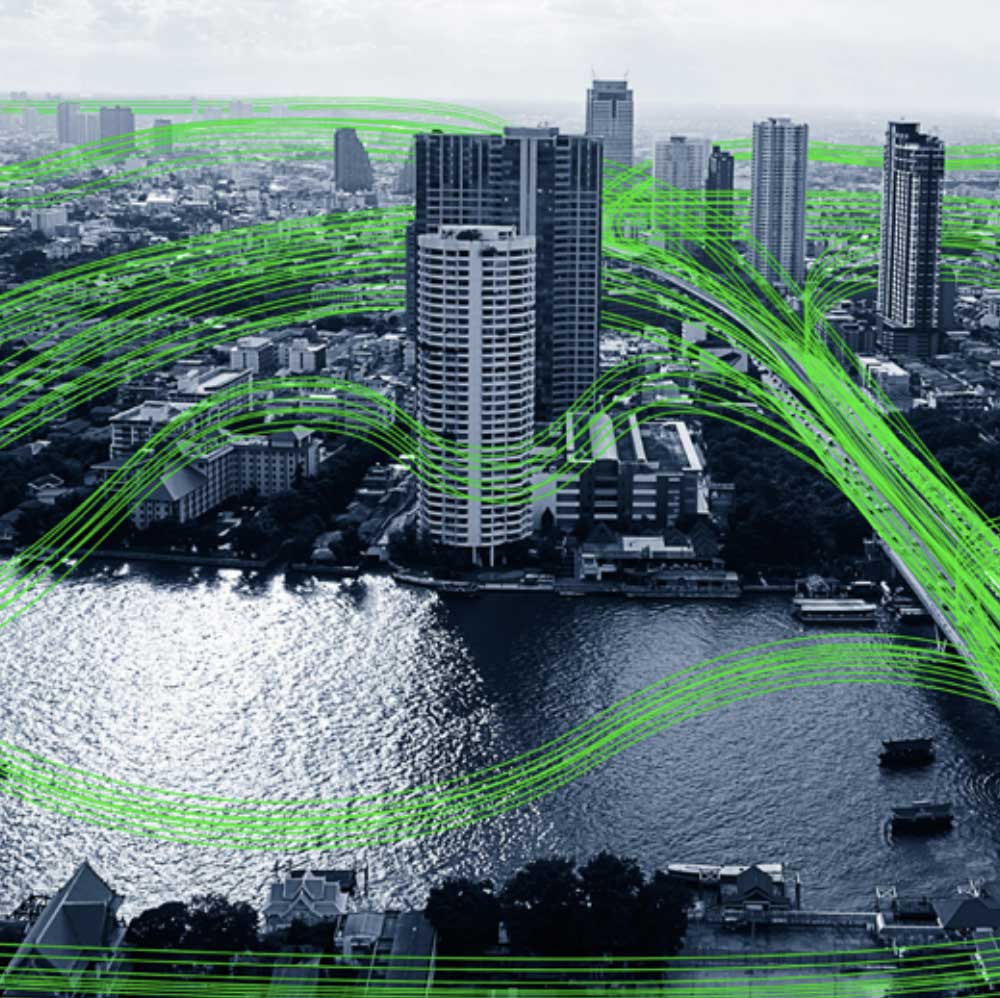
uMove supports the Smart Manuals for Streets programme from DfT
News

Scotland's Cycling Framework Makes Infrastructure Greatest Priority
News

Reducing emissions and improving health with active travel
Cycling Scotland

Targeting energy-efficiency campaigns to households most in need
Greater South East Net Zero Hub

Protecting an aging population from fuel poverty
Dartford Borough Council and Dover District Council

Identifying households eligible for energy grant support
The Wise Group

Facilitating active travel behavioural change with data
SEStran

Helping identify customers in or at risk of fuel poverty.
UK Power Networks
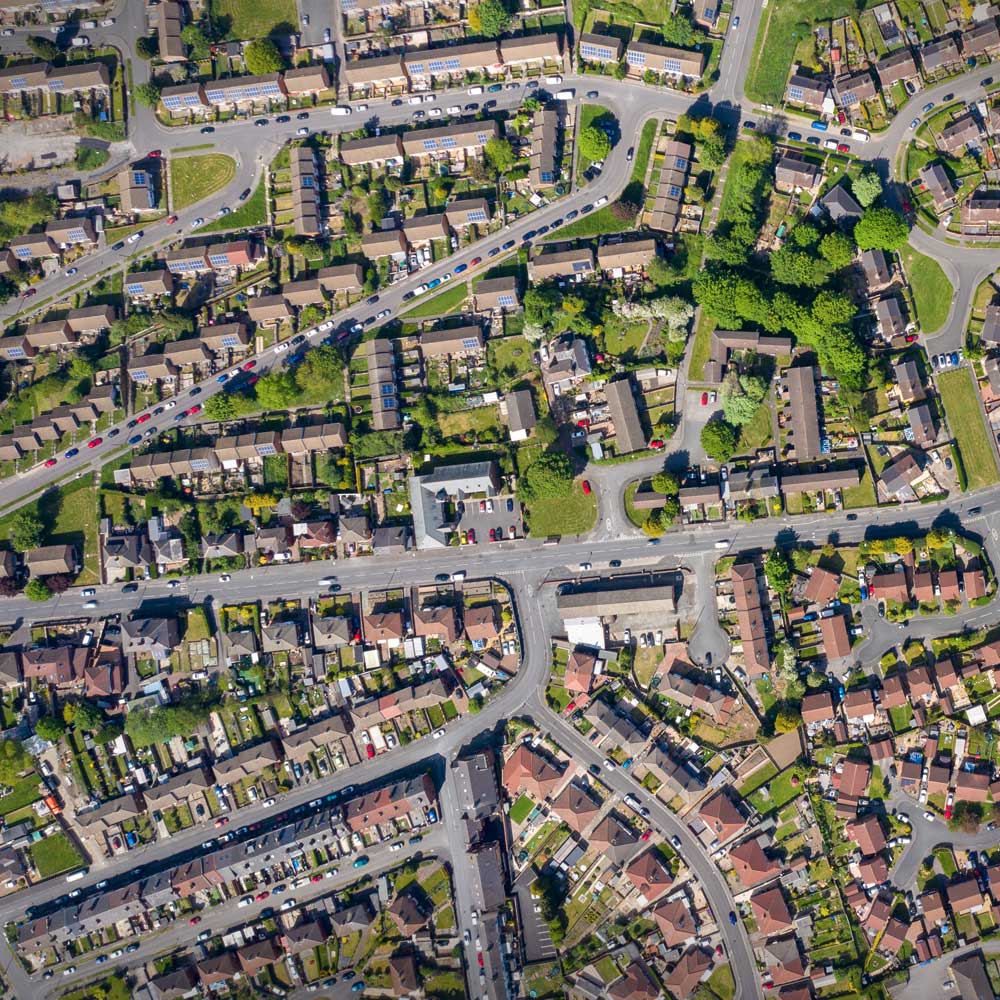
Open data promotes transparency, builds trust and empower citizens
Ireland Open Data Training
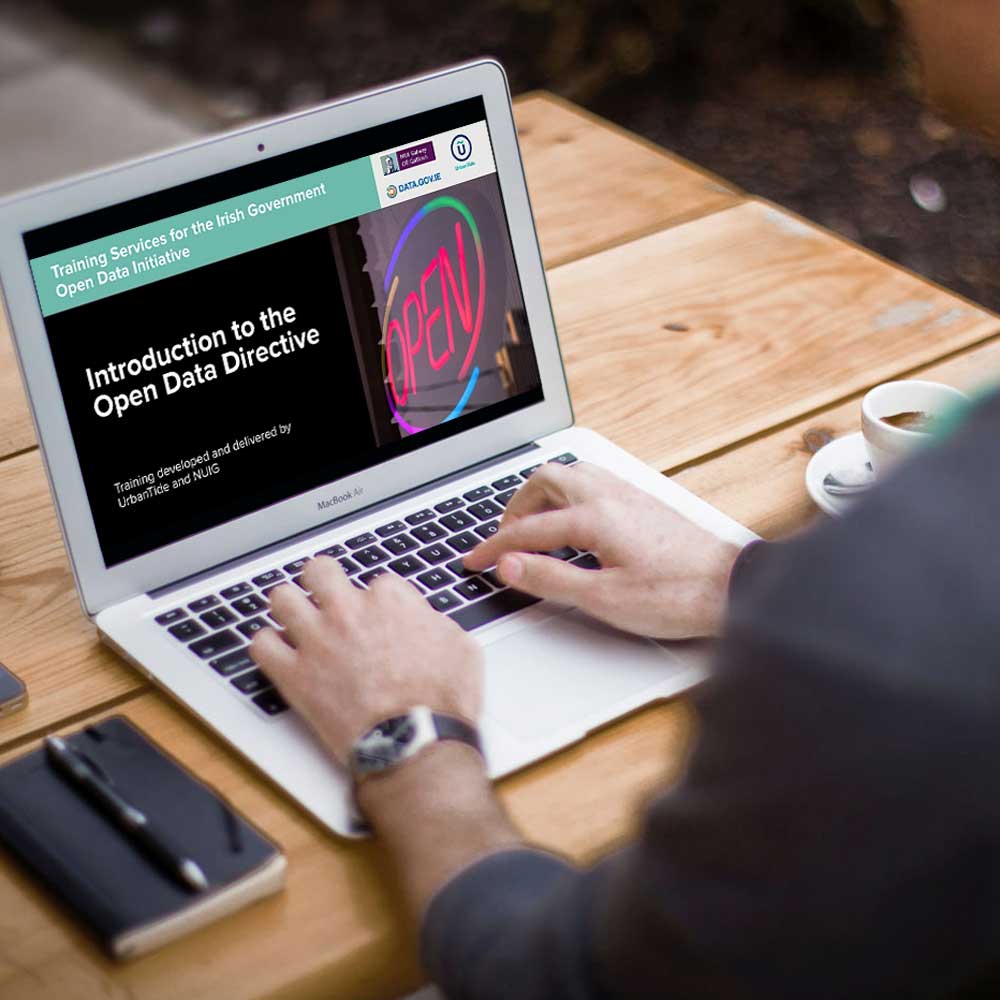
Identifying and unlocking new revenue from business rates with AI
North Lanarkshire

Tackling the growing
fuel poverty crisis with data and AI
UKRI

Understanding how we live and use our homes with real-time energy data
Smartline

Managing the impact of noise pollution on our cities
Noiseability

Accelerating the transformation of the UK’s energy systems
Energy Systems Catapult
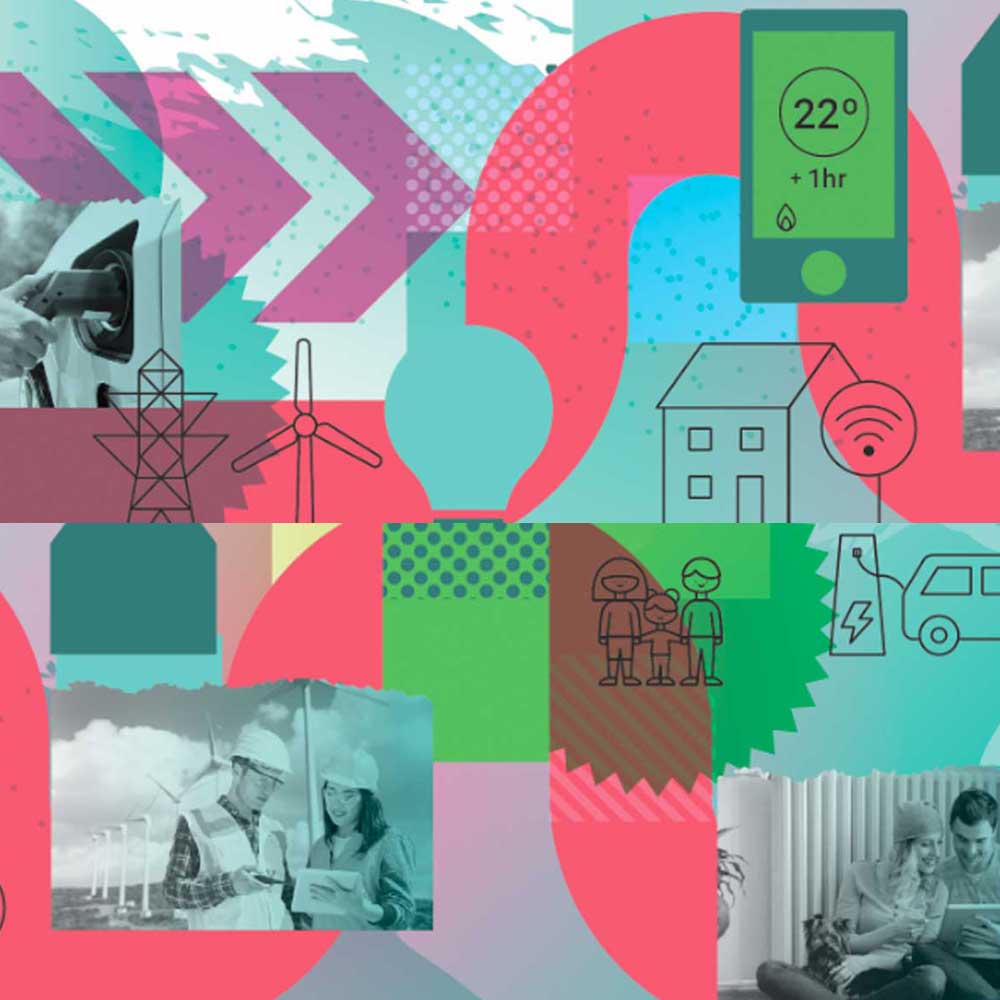
Creating an integrated, affordable low-carbon energy system of the future
ReFLEX Orkney
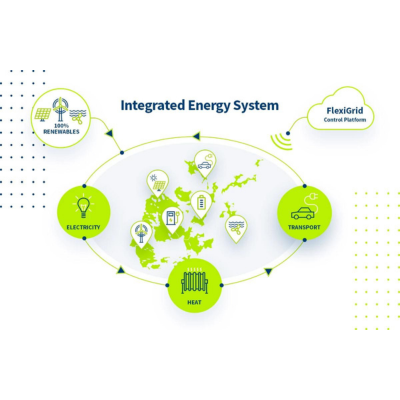
Investing in sustainable transport infrastructure to become carbon neutral
Somerset County Council

Identifying ageing households at risk of cold and damp home
Sunderland City Council

Innovate UK funding to help our Planet Centred approach to retrofitting Europe’s leakiest homes
News

Open data is now a legal requirement in Ireland and the EU
News

New ‘uZero’ Artificial Intelligence software could help millions with their fuel bills
News
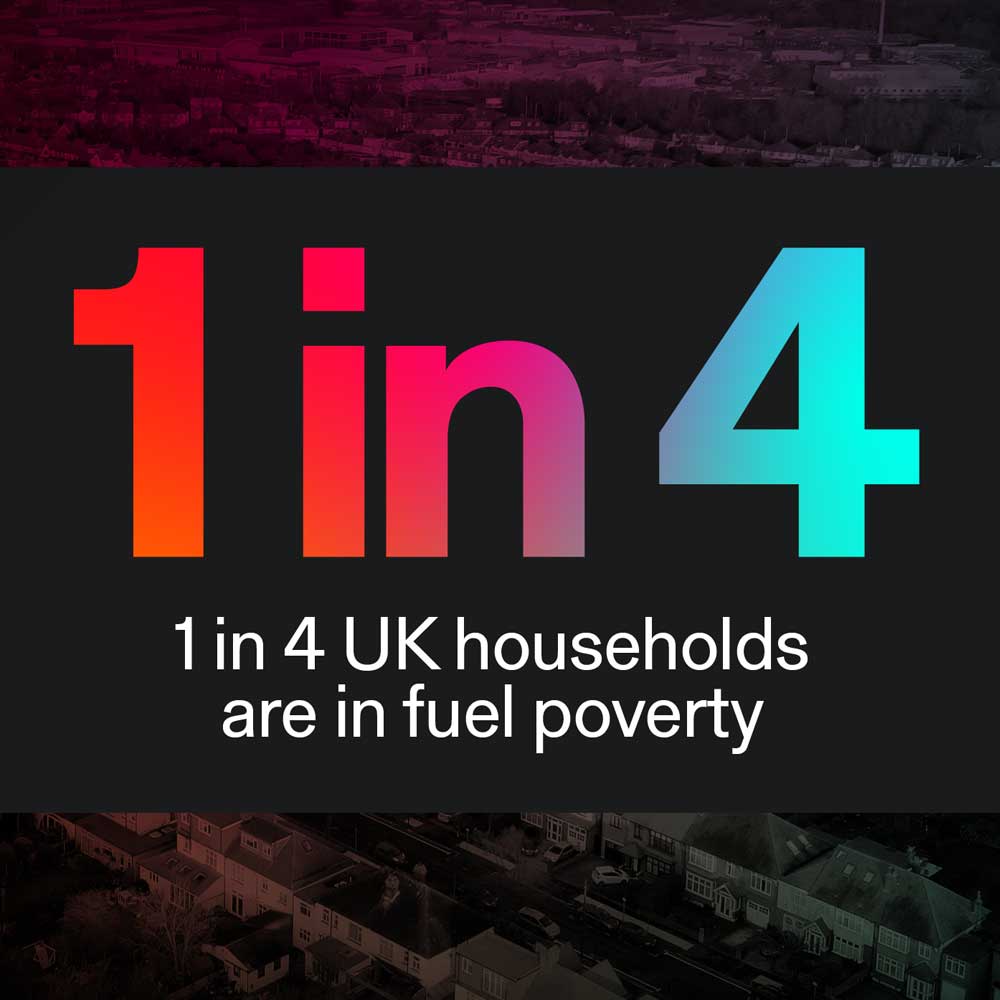
UrbanTide helps secure £48 million funding for Scottish Cities Alliance
News

UrbanTide leads £24 million program to make Glasgow a Future City
News

Building smart communities for OPEN Glasgow Engagement Programme
News

UrbanTide launches IoT data insights platform, uSmart
News
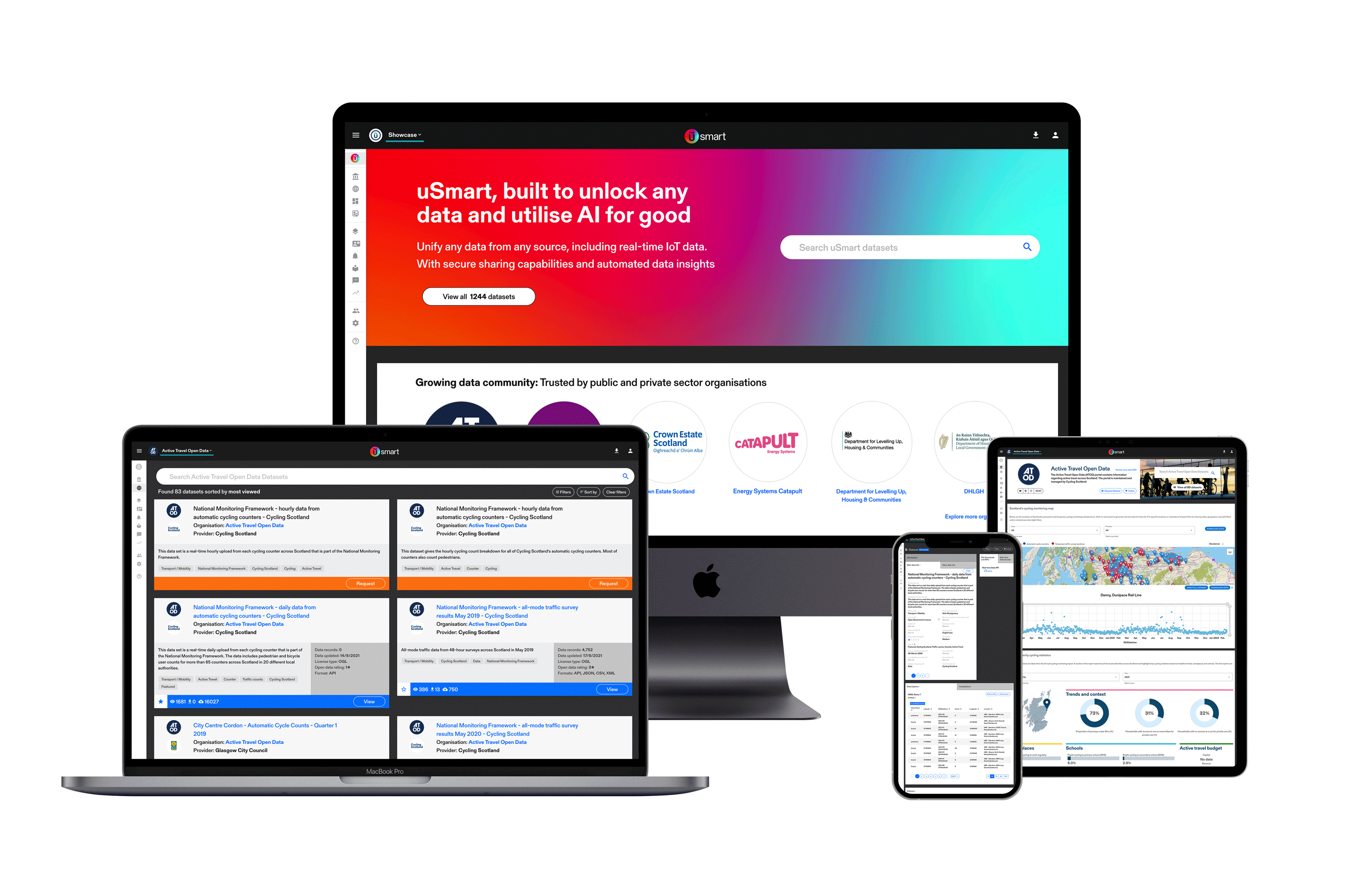
uZero announced as UKRI MEDA competition winner
News

Social Connect is a unique UK Power Networks (UKPN) innovation project
News

UrbanTide announces partnership with Energy Systems Catapult
News

UrbanTide marks four years of Open Data training in Ireland
News

Noisability: UrbanTide wins major bid as part of SynchroniCity program
News

UrbanTide joins prestigious Artificial Intelligence accelerator
News

UrbanTide recognised at ScotlandIS Digital Technology Awards
News

ODI publishes case studies that show how open data can be used in service redesign
News

UrbanTide teams up with North Lanarkshire Council to make better services with data
News

UrbanTide, Snook and North Lanarkshire Council announced as finalists for the 2018 Digital Technology Awards
News

Innovative smart communities IoT project powered by USMART
News
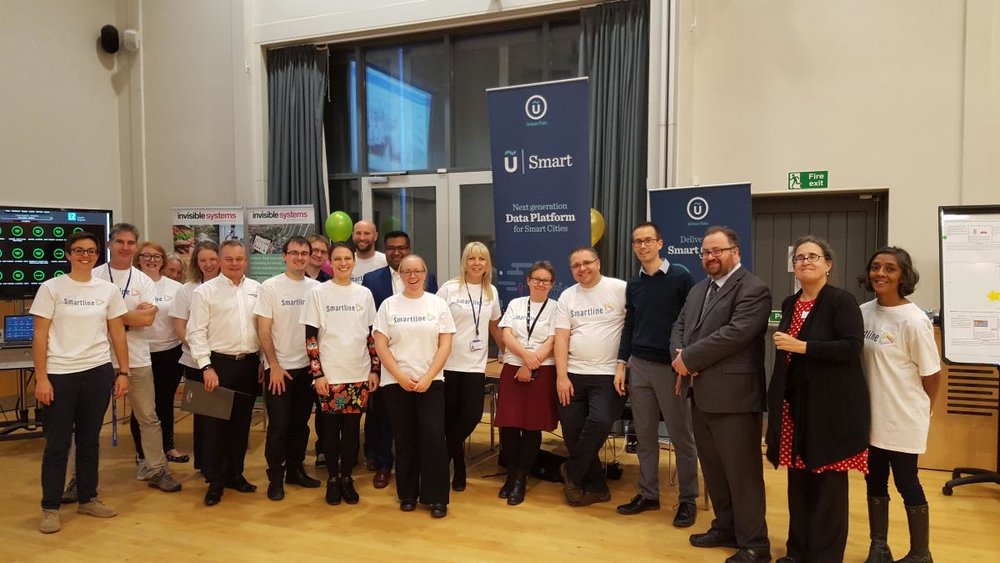
The Power of Data Science in the Health and Care Sector
News

UrbanTide to help transform Ireland by unlocking the power of open data
News

Stay ahead of the curve by learning more about these new smart cities standards
News

#DataFest17 - 12 key lessons we learned about smart cities, communities and the future of data
News
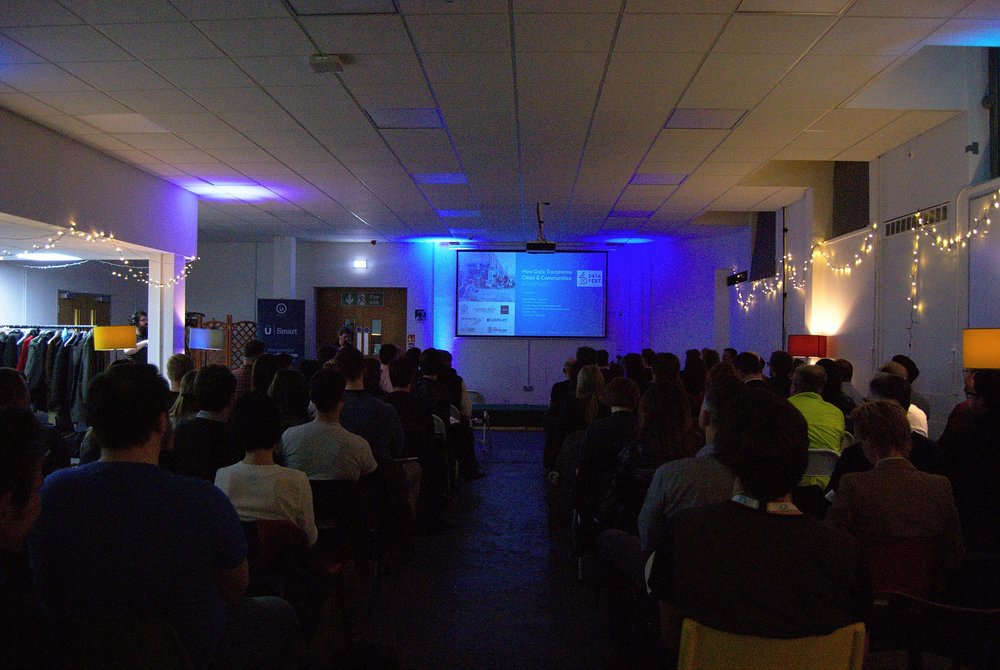
Emerging ideas for a renewed (Y)Our Glasgow City Centre
News

Future Health Hack - building the future of healthcare one line of code at a time
News
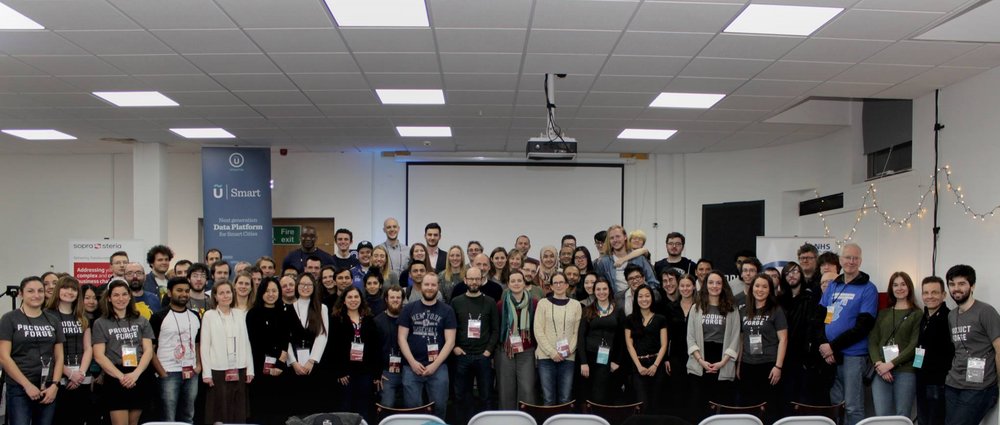
Meet our API Data Explorer – aka your new best friend if you are working with big data
News

Car parks ‘extinct’ in smart cities of the future?
News

3 awesome USMART features - with more coming soon!
News

Data scientists and USMART: a match made in heaven
News

We are now Regional Supporters of Open Data Impact Map
News

Next generation open data platform looking for beta testers!
News

Glasgow city centre regeneration - how smart can Glasgow be?
News

Open data - is the open private sector the next frontier?
News

Open data everywhere! Review of open data maturity in Europe, UK and Scotland
News

Feedback from our year delivering open data training for Scottish Government
News

Announcing our new open data training programme
News

Glasgow City Centre District Regeneration Frameworks
News

Metadata and metadata standards- reflections from our Chief Operational Officer
News

All about our Smart Cities Maturity Self-Assessment Tool
News

Open data training for Scotland's public sector
News

Engage - invest – Exploit (EiE) or Enjoyable - interactive - Experience (EiE)
News

UrbanTide and India: 5 Lesson's Learned from Simon's Trip to the Subcontinent
News
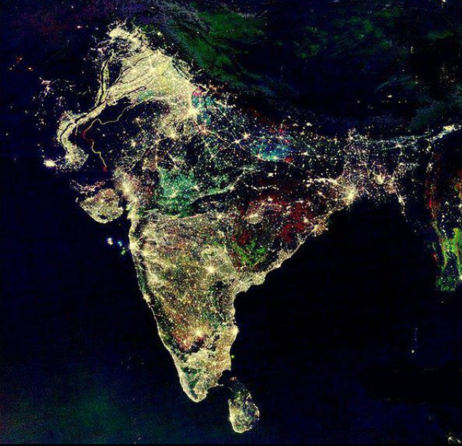
Cisco and the Smart Cities Council: 4 Messages from America...
News
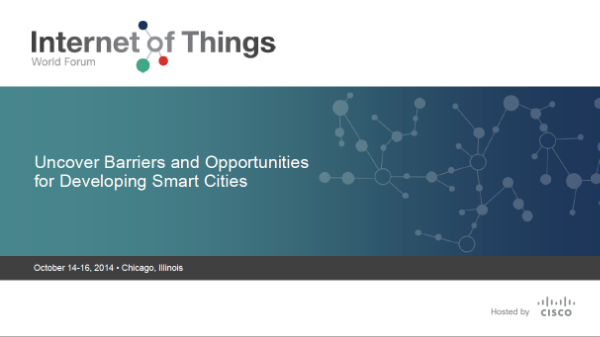
Edinburgh continues to iterate, and then iterate again
News

Start your journey
Take a look at our product page to find out which UrbanTide AI tool has been designed for your needs.
Find out how we can support your data and AI projects and see our growing AI portfolio in action.
